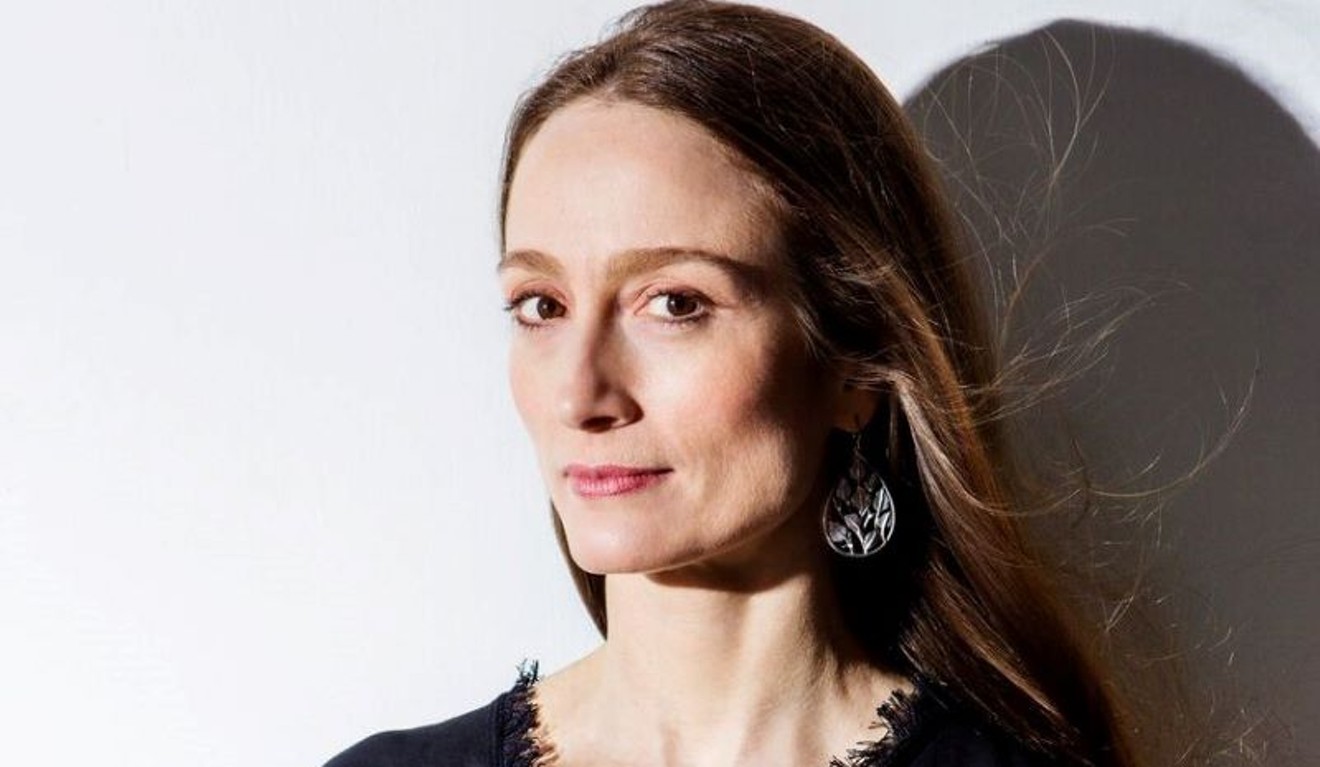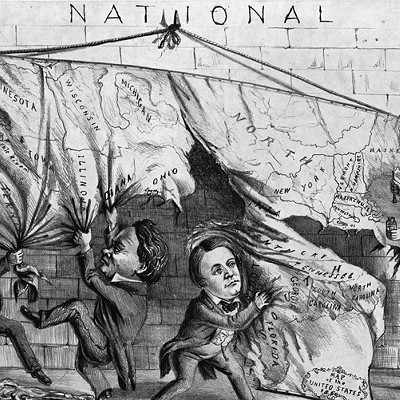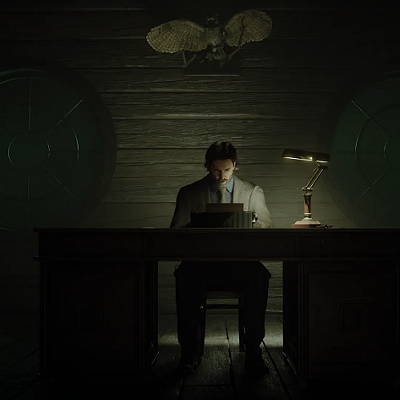Support Us
Houston's independent source of
local news and culture
account
- Welcome,
Insider - Login
- My Account
- My Newsletters
- Contribute
- Contact Us
- Sign out
Houston Ballet Co-Artistic Director Julie Kent Believes in the "We"
Margaret Downing July 21, 2023 4:00AM

Julie Kent
Photo by Jayme Thornton, Courtesy of The Washington Ballet
[
{
"name": "Related Stories / Support Us Combo",
"component": "11591218",
"insertPoint": "4",
"requiredCountToDisplay": "4"
},{
"name": "Air - Billboard - Inline Content",
"component": "11591214",
"insertPoint": "2/3",
"requiredCountToDisplay": "7"
},{
"name": "R1 - Beta - Mobile Only",
"component": "12287027",
"insertPoint": "8",
"requiredCountToDisplay": "8"
},{
"name": "Air - MediumRectangle - Inline Content - Mobile Display Size 2",
"component": "11591215",
"insertPoint": "12",
"requiredCountToDisplay": "12"
},{
"name": "Air - MediumRectangle - Inline Content - Mobile Display Size 2",
"component": "11591215",
"insertPoint": "4th",
"startingPoint": "16",
"requiredCountToDisplay": "12"
}
]
"Better is something more personal. It's a process. And in my opinion, Better is more interesting than best." — Mikhail Baryshnikov
Built into a dancer's DNA is a desire to get better every day and Julie Kent, the new co-artistic director of Houston Ballet hasn't lost that core belief.
Fresh from a packed season with The Washington Ballet where she was Artistic Director, Kent has ended her months (since October) of juggling back and forth between the two ballet companies and now turns her full attention to Houston Ballet where she is the first Co-Artistic Director in the ballet's history.
Despite all her responsibilities in D.C. with a more than full program that included Balanchine work and Sleeping Beauty, Kent did make time to come to Houston to get to know the dancers, patrons and the leadership team. She was already well acquainted with longtime Artistic Director Stanton Welch with whom she'll work in the coming months.
What she found, she says, "is an extremely well run organization. It's just a joy and a marvel to see how impressive the layers of support the organization has."
In her talks with the Houston Ballet dancers she met, she says there weren't any surprises. "I will always identify as a dancer. I danced professionally forever. The mindset of a dancer is most important during those years when you are so singularly focused on your career [and] is pretty much universal.
"It's a joy to meet new artists and get to know them as individuals and as dancers," she says. "I look forward to diving deeper and getting to know and understand each one of them even at a deeper level."
She applauds the level of support for the Houston Ballet and the faculty here. "As a steward and a devotee of not only Houston Ballet but of our art form, that love of ballet and dance and what the power that has to impact lives so positively regardless of of whether you have a career as a professional dancer — that's a foundation of why we're here. We believe in it; we believe the power to change lives and enhance lives. That is at the core of everything we do. "
Considering her own background explains in part why the student academy is so important to her, to its dancers and to their families who may not think there is much of a future in dance.
"In candor, my father didn’t think being a ballet dancer was a profession for me either. There's an education process. It was not because he had a bias. It was not a part of his upbringing; it was not a part of his experience so he didn't understand. Thankfully, my mother did understand and then I had wonderful teachers that were able to educate my father about that this was a career path."
She also addressed the bias against male dancers. "I think the world is helping with that in every way." In 2019 Good Morning America's Lara Spencer made fun of Great Britain's Prince George who as part of his school's curriculum was taking ballet lessons. The worldwide backlash to her comments, which critics found both insensitive and bullying, was intense and she issued apologies on both Instagram and on air complete with an interview with three leading dancers.
"Hopefully those moments of ignorance will become fewer and fewer," she says. " Being a dance ris something that is beyond male or female it’s something inside of you. I think allowing for people to discover that is one of the greatest joys that any ballet instructor or dance educator has."
She says she's also been impressed by the community outreach efforts the ballet has in place. " I am eager to learn all the ways they are able to do that and going forwards how we can find even more ways as the world has changed so quickly in the past decade."
One thing she wants to clear up is the erroneous impression some people have that she is more interested in full length story ballets than shorter pieces in a mixed rep program. "No. I think there's an assumption there because I spent my [dance] career with American Ballet Theatre. I had more contemporary works created on me than full length ballets that I ever danced.
"I loved like any dancer the thrill you have this incredible menu of movement languages that you have an opportunity to learn and develop and you can speak with your body in any number of ways. It’s not always codified in a classical box; it's not previously defined by hundreds of years you made your own footprints in the sand and that you develop using obviously the artistic sense of the choreographer — trying to divine what it is they are trying to create and then contributing your own instinct and sensibility and sensitivity and creativity. And then working with all the people around you. That is a remarkably rewarding process."
"I love telling stories and that is not owned by classical ballet. Telling stories can be completely abstract but there's still something to be said. There's something to be communicated and essentially dance is just a really gorgeous form of communication.
At this point the next Houston Ballet season is pretty much set, with some contributions from her. There will be much more in the future. "At the heart of any successful enterprise is collaboration. I'm just looking forward to sharing my voice and my thoughts and working with the extraordinaily individuals that are already a part of Houston Ballet.
It’s in a wonderful position to be able to do multi year planning. Collaborating. Working with the ex gifted
"Stanton and I have already made a trip together to see some new choreography, new productions that we're curious about," she says. They are also shopping for repertoire that they can see for their own company, she says.
Co-leadership can be a tricky process for many people. Asked about why she believes this will work with Welch, Kent responds with a laugh:
"First of all because we want it to. I think perhaps in the some cases it cant work bc there’s a lot of ego involved but the bottom line is everybody here wants to support the growth of Houston Ballet in every way they possibly can. So that's why we all believe that this shift in the model is going to be a positive experience for everyone.
"I'm excited by this organization, by the dancers. I'm excited by Stanton’s creativity, I mean he’s really really good at what he does and I have a lot to learn from him. And it's a great pleasure for me to be a part of this organization and bring everything that I can to every aspect of the organization both inside and out.
"I'm a huge believer in the 'we.'"
Houston Ballet dancers travel to other places for their performances. Asked what the value of that is, Kent says, starting with the dancers: "The camaraderie that is created when you travel together when you experience the same stresses of time zones and new theater and new audiences and time pressure and finding a place to eat. All of those things build such deep bonds. You just share at such an intimate level.
"As a dancer to be able to take your company that you love so much and take it to a new city and a new audience and experience it with your colleagues that you respect and admire is a great thrill for a dancer.
"For the audience and a global larger reputation for an organization it’s essential. There is a curious audience in these cities and they want to see who are Houston Ballet. That global or national reputation is really important because not only does it extend that footprint but it brings back to the city of Houston luster and reputation.
It also brings a level of prestige that helps as a recruiting tool, she says.
"What is innate to a dancer is the pursuit of improvement. Every day our process is so regimented. Every day we do the same thing. Every day we’re just trying to do a little better. You don't just do it. You're trying to do it that tendu more beautifully. One of my goals is to infuse that pursuit with inspiration. There’s a belief that you always can be better, that you always can do better. How that is a very exciting part of the process instead of a very frustrating part of the process."
KEEP THE HOUSTON PRESS FREE...
Since we started the Houston Press, it has been defined as the free, independent voice of Houston, and we'd like to keep it that way. With local media under siege, it's more important than ever for us to rally support behind funding our local journalism. You can help by participating in our "I Support" program, allowing us to keep offering readers access to our incisive coverage of local news, food and culture with no paywalls.
Margaret Downing is the editor-in-chief who oversees the Houston Press newsroom and its online publication. She frequently writes on a wide range of subjects.
Contact:
Margaret Downing
Follow:
Facebook:
HoustonPress
Twitter:
@HoustonPress
Trending Arts & Culture
- Thornton Wilder's The Emporium Takes the Stage at Alley Theatre
- The Hills Are Alive at the Wortham With HGO's The Sound of Music
- Provocative Comic Daniel Sloss Stands Up For The Right to Offend
-
Sponsored Content From: [%sponsoredBy%]
[%title%]

Don't Miss Out
SIGN UP for the latest
arts & culture
news, free stuff and more!
Become a member to support the independent voice of Houston
and help keep the future of the Houston Press FREE
Use of this website constitutes acceptance of our
terms of use,
our cookies policy, and our
privacy policy
The Houston Press may earn a portion of sales from products & services purchased through links on our site from our
affiliate partners.
©2024
Houston Press, LP. All rights reserved.





